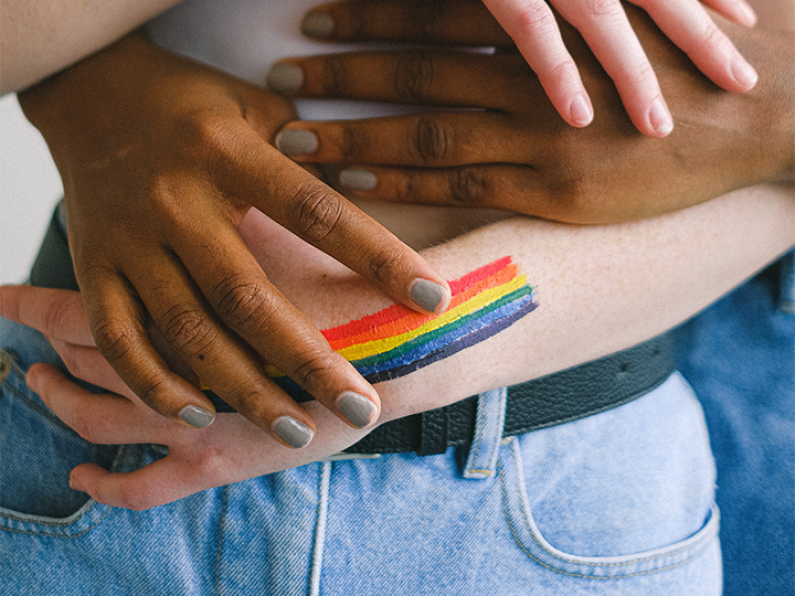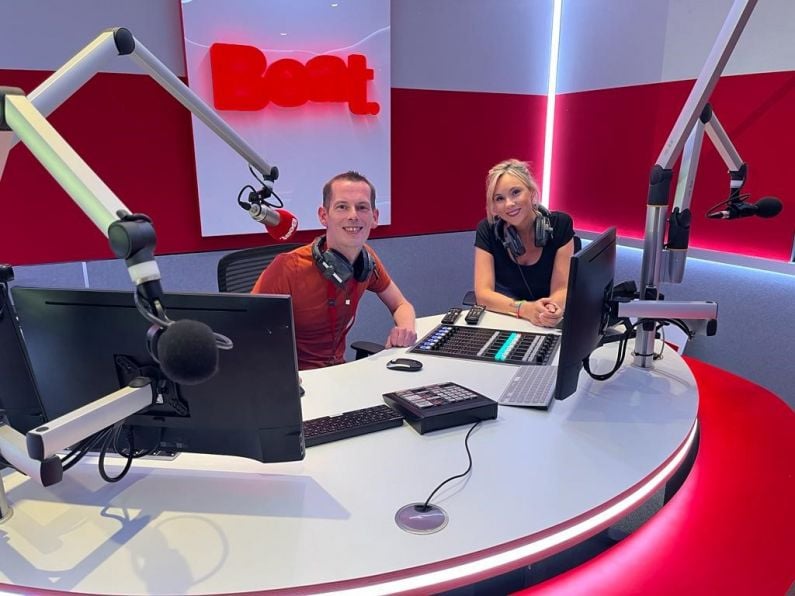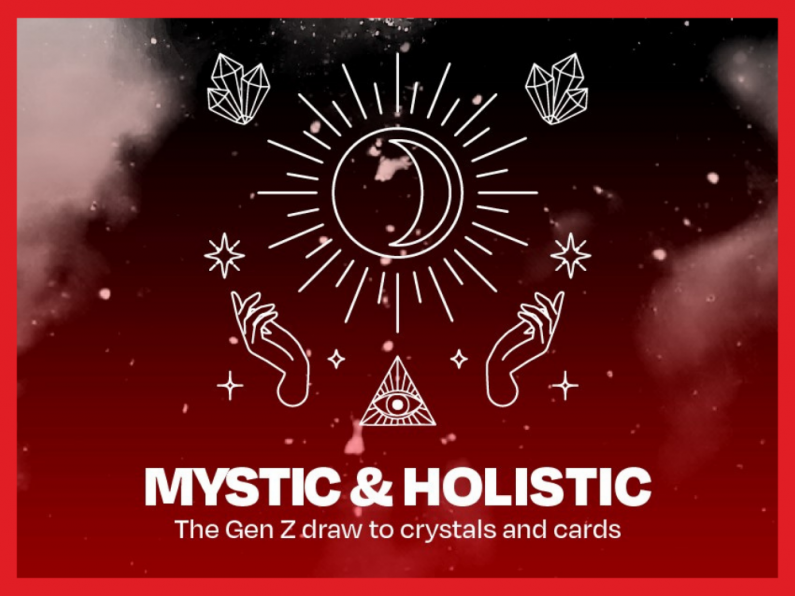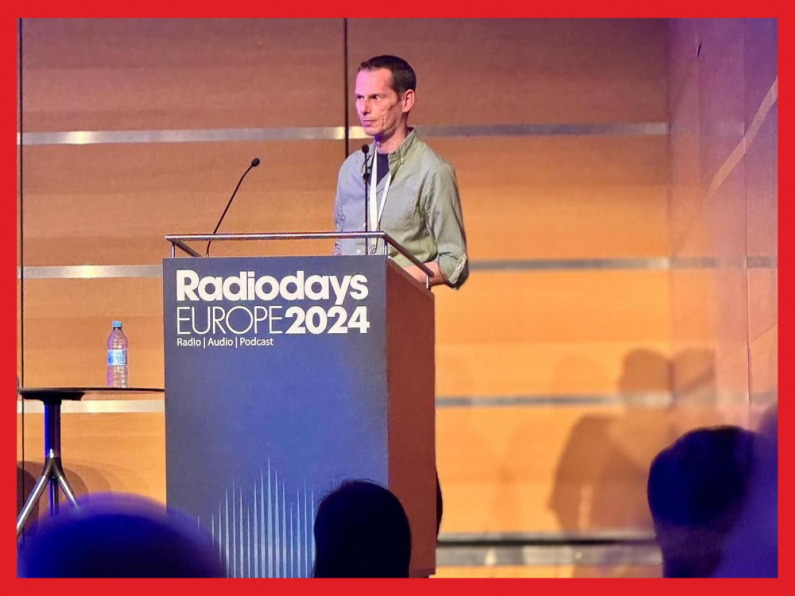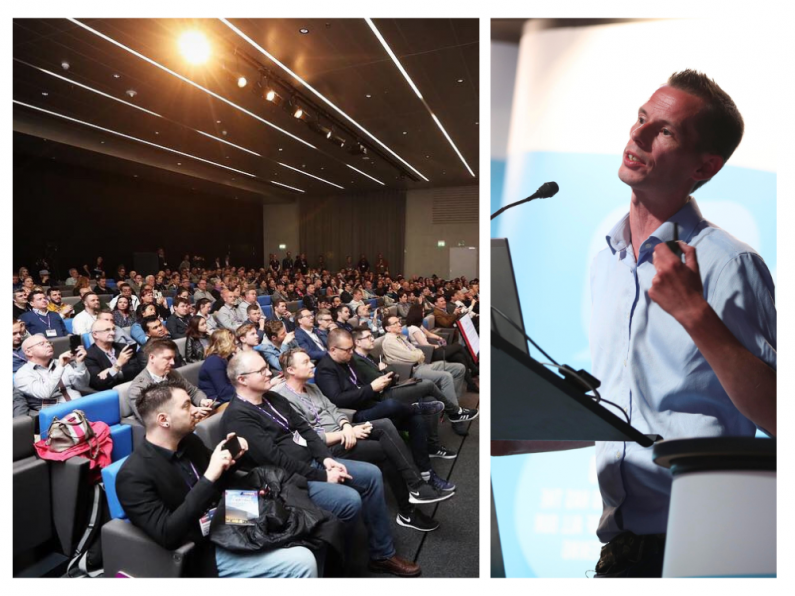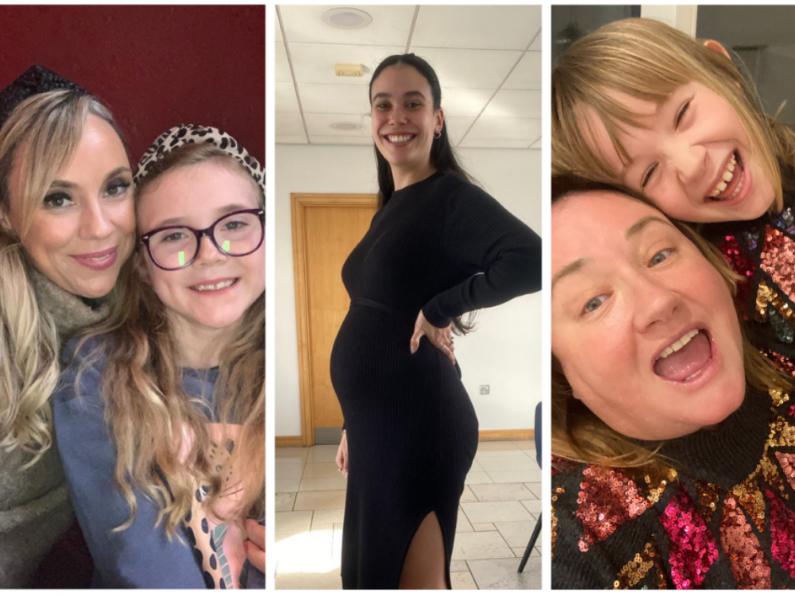We're dedicating September to diversity here on Beat. We'll be bringing you terminology throughout the month on different topics.
Transphobia
This incorporates a range of negative attitudes, feelings or actions toward transgender people or transness in general. Transgender and gender nonconforming people may experience harassment or discrimination from people who are scared or uncomfortable with these identities. Some people are transphobic because they have misinformation or have no information at all about trans identities. They may not be aware of transgender people, trans issues or they may not personally know anyone who is trans. Trans people across the EU are often marginalised and live in isolation or fear. Transgender Day of Remembrance on November 20th aims to highlight the issues that transphobia has caused and strives to raise awareness of the rights of trans people.
Bias
This refers to a tendency, a trend, an inclination, a feeling, or opinion, especially one that is preconceived or unreasoned. More than 50 types of bias have been identified from various studies, but let’s break it down. They can be broadly grouped into two categories: information bias and selection bias. Information bias can be innate or learned. People may develop a bias for or against an individual, a group, or a belief. Statistical bias is when results are unrepresentative of the population. The results are from an unfair sampling of a population, or from an estimation process that does not give accurate, averaged results. By better educating yourself, you can minimize your tendency towards bias
Today's Word - Prejudice
Prejudice is an unjustified attitude (usually negative) towards an individual based solely on their membership of a particular group. For example, a person may hold prejudiced views towards a certain race or gender. In simple terms, it's PRE judging an individual. The more visible the characteristic, the easier it is to be prejudiced. One way to help with prejudice (whenever COVID ends) and it’s safe to do so again, is to travel. Immersing yourself in other societies can help challenge your pre-existing world views.
Equality of Opportunity:
This can be defined as the basic right to not be disadvantaged or discriminated against because of a characteristic such as one’s sex or ethnic background. Equality, however, is not just about removing discrimination or disadvantage. It’s also about creating a society that’s fair and transparent; where all of us - regardless of individual differences are able to participate fully in work and in our personal life and reach our potential.
Diversity:
This is everything that makes us different from each other. Diversity is more than just our physical differences or our preferences. It can be shaped by our background, life experiences or social upbringing. We believe diversity is to be valued and that in organisations, the whole really is greater than the sum of its parts.
Inclusion:
This represents the state of an organisation; where every person is valued, is a key member of the organisational community and most importantly, difference is something that is seen as a key competitive advantage. Inclusion is about bringing out the real value of difference and creating a culture where each of us feels a sense of belonging. It means knowing we can contribute to the organisation’s success and thrive in our career. Basically, diversity on its own does not equal progress – Inclusion is essential!
Microaggressions:
Microaggressions communicate hostile or derogatory insults or negative racial slights to one person or group.
The term was initially coined in the seventies, but in 2007 a group of social scientists classified the term as "the new face of racism “; highlighting that the nature of racism has shifted over time.
It has moved away from overt expressions of racial hatred and hate crime, to these microaggressions that are more subtle, ambiguous, and often unintentional. As a result, many people feel that racism is often no longer an issue.
Some examples include:
"You don’t sound black?"
In other words, "you don’t ‘fit’ my stereotype."
or
"Surely all lives matter not just black lives."
What I’m really saying is "I am invalidating your fight/your experience."
Gender Fluid & Non-binary:
Non-binary refers to any gender identity that isn't specifically fixed as male or female.
Gender-fluid means people may feel specifically male, female and non-binary but they 'flow' between each one naturally.
Here are some things gender-fluid and non-binary people are often asked:
"Are you a boy or a girl?"
"So, on Wednesdays are you a man and on Fridays, you're a woman?"
No, that is not the case! Gender fluid people don't pick and choose when they want to be a particular gender - it comes naturally, hence the term 'fluid.'
It’s NOT a mental illness. But unfortunately, gender-fluid and non-binary people tend to be at higher risk of depression, anxiety, self-harm, agoraphobia or have self-confidence issues. This is largely due to the amount of hate they receive daily. These can stem from living in a society where others repeatedly tell them they’re not normal.
Gender fluidity is an actual physical, mental and emotional shift in how one interacts with the world.
Eid:
There are two official holidays in Islam, Eid al-Fitr and Eid al-Adha.
Eid al-Fitr means "festival of breaking the fast" and marks the end of Ramadan (where Muslims have completed a month of fasting during daylight hours- for many this includes no liquids or food). Muslims then perform acts of zakat (or charity) at this time, which begins after the new moon is sighted at the beginning of the month of Shawal.
The Islamic calendar is a lunar calendar, and dates are calculated based on lunar phases. Traditionally, Eid is celebrated for three days in all Muslim-majority countries.
Eid is meant to be a time of joy and blessing for the entire Muslim community. It’s a time for distributing one's wealth as well as celebrating with family and friends and sharing presents, similar to the way that Christians celebrate Christmas!
Ethnicity:
This is a concept referring to a shared culture and a way of life. It can be reflected in language, religion, what you wear, the food you eat or in music and art.
The world is home to thousands of ethnic groups, from the Han Chinese—the largest ethnic group in the world—to the smallest indigenous groups, some of which include only a few dozen people.
For example, Since 2017, the travelling community here in Ireland is recognised as a distinct ethnic group within the state, acknowledged as a group with a common identity.
Ethnicity should not be confused with nationality, which refers to citizenship. While some countries are predominantly composed of a single ethnic group (e.g China), others are composed of many different groups UK, Australia and here in Ireland.
Discrimination:
Discrimination happens when you treat someone less favourably because of who they are.
Under equality legislation, discrimination, based on any one of the following grounds is unlawful:
Gender, Civil status, Family status, Sexual orientation, Religion, Age, Disability, Race and Membership of the Traveller community.
Discrimination isn’t always overt. Subtle discrimination may exist. For example, in the workplace, indirect discrimination likely takes place more often than blatant direct discrimination... such as requesting that job applicants must have a degree when the job doesn’t require one.
Whitewashing:
This is when you choose to make something bad, seem acceptable, by hiding the truth.
In TV and cinema, the portrayal of ethnic characters played by Caucasian actors is also known as whitewashing.
For example: In recent times there has been a lot of discussion about whitewashing in movie casting decisions such as actor Johnny Depp as a Native American in The Lone Ranger or Joseph Fiennes being cast to play Michael Jackson.
The spotlight was also shone on the issue after the Oscars in 2015 when not a single person of colour was nominated for an Academy Award. Media watchdog groups are seeking more authentic representations on screen.
Transphobia
This incorporates a range of negative attitudes, feelings or actions toward transgender people or transness in general.
Transgender and gender nonconforming people may experience harassment or discrimination from people who are scared or uncomfortable with these identities.
David: Some people are transphobic because they have misinformation or have no information at all about trans identities. They may not be aware of transgender people, trans issues or they may not personally know anyone who is trans.
Trans people across the EU are often marginalised and live in isolation or fear. Transgender Day of Remembrance on November 20th aims to highlight the issues that transphobia has caused and strives to raise awareness of the rights of trans people.
Bias
This refers to a tendency, a trend, an inclination, a feeling, or opinion, especially one that is preconceived or unreasoned.
More than 50 types of bias have been identified from various studies, but let’s break it down. They can be broadly grouped into two categories: information bias and selection bias.
Information bias can be innate or learned. People may develop a bias for or against an individual, a group, or a belief.
Statistical bias is when results are unrepresentative of the population. The results are from an unfair sampling of a population, or from an estimation process that does not give accurate, averaged results.
By better educating yourself, you can minimize your tendency towards bias
Prejudice
Prejudice is an unjustified attitude (usually negative) towards an individual based solely on their membership of a particular group.
For example, a person may hold prejudiced views towards a certain race or gender.
In simple terms it's PRE judging an individual. The more visible the characteristic, the easier it is to be prejudiced.
One way to help with prejudice (whenever Covid ends) and it’s safe to do so again, is to travel.
Immersing yourself in other societies can help challenge your pre-existing world views.
